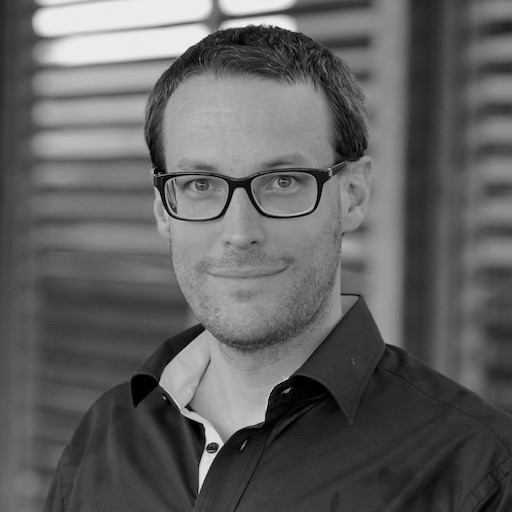Conference Keynote 2019

Ivo Sbalzarini
Chair of Scientific Computing for Systems Biology, Center for Systems Biology Dresden and Senior Research Group Leader, Max Planck Institute of Molecular Cell Biology and Genetics, and member of the Faculty of Mathematics , Technical University Dresden
_________________________________________________________________________________
THE ALGORITHMS OF LIFE - SCIENTIFIC COMPUTING FOR SYSTEMS BIOLOGY
(Monday, June 17)
Scientific high-performance computing is of rapidly growing importance and influence in the life sciences. Thanks to the increasing knowledge about the molecular foundations of life, recent advances in biomedical data science, and the availability of predictive biophysical theories that can be numerically simulated, mechanistic understanding of the emergence of life comes within reach. Computing is playing a pivotal and catalytic role in this scientific revolution, both as a tool of investigation and hypothesis testing, but also as a school of thought and systems model. This is because a developing tissue, embryo, or organ can itself be seen as a massively parallel distributed computing system that collectively self-organizes to bring about behavior we call life. In any multicellular organism, every cell constantly takes decisions about growth, division, and migration based on local information, with cells communicating with each other via chemical, mechanical, and electrical signals across length scales from nanometers to meters. Each cell can therefore be understood as a mechano-chemical processing element in a complexly interconnected million- or billion-core computing system. Mechanistically understanding and reprogramming this system is a grand challenge. While the “hardware” (proteins, lipids, etc.) and the “source code” (genetic code) are increasingly known, we known virtually nothing about the algorithms that this code implements on this hardware. Our vision is to contribute to this challenge by developing computational methods and software systems for high-performance data analysis, inference, and numerical simulation of computer models of biological tissues, incorporating the known biochemistry and biophysics in 3D-space and time, in order to understand biological processes on an algorithmic basis. This ranges from real-time approaches to biomedical image analysis, to novel simulation languages for parallel high-performance computing, to virtual reality and machine learning for 3D microscopy and numerical simulations of coupled biochemical-biomechanical models. The cooperative, interdisciplinary effort to develop and advance our understanding of life using computational approaches not only places high-performance computing center stage, but also provides stimulating impulses for the future development of this field.
_________________________________________________________________________________
Ivo Sbalzarini is the Chair of Scientific Computing for Systems Biology on the faculty of computer science of TU Dresden, as well as the faculty of mathematics, and director of the TUD-Department in the Center for Systems Biology Dresden. He also is a permanent Senior Research Group Leader with the Max Planck Institute of Molecular Cell Biology and Genetics in Dresden. He graduated in Mechanical Engineering from ETH Zurich in 2002 (Willi Studer Award) with majors in computational fluid mechanics and control. He completed his doctorate in computer science in 2006 at ETH Zurich (Chorafas Award, Weizmann Institute of Science), where he formed a close collaboration between biology and computer science. In 2006, he was named Assistant Professor for Computational Science in the Department of Computer Science of ETH Zurich. In 2012, Ivo and his group moved to Dresden, where he became one of the founding members of the new Max Planck Center for Systems Biology and the TU-Dresden Chair of Scientific Computing for Systems Biology. He also serves as a co-leader of the Federal Cluster of Excellence “Physics of Life", Dean of the International Max Planck Research School in Cell, Developmental, and Systems Biology, and Vice-Dean of the Faculty of Computer Science.
_________________________________________________________________________________
